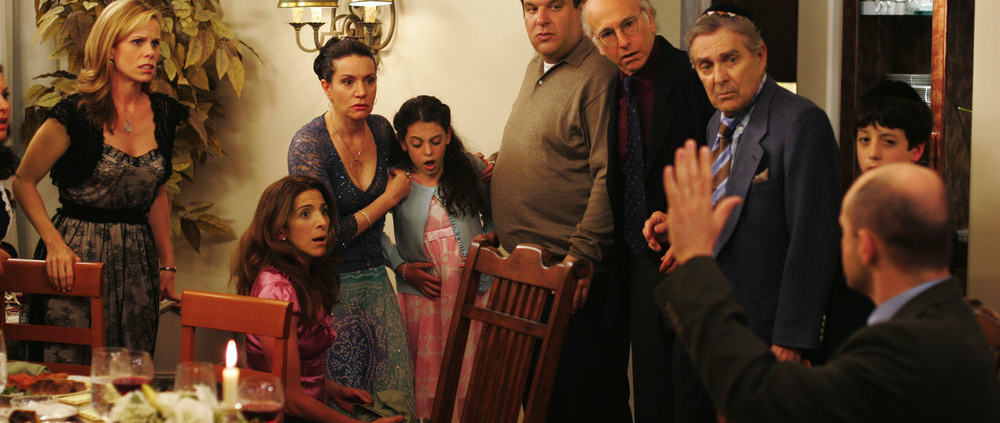Uncomfortable Dinner Guest
I was an uncomfortable dinner guest in the home of the in-laws of my in-laws. We all knew the patriarch to be crass, gluttonous, and prejudiced. After our meal, he offered the most offensive idea I had ever heard in my life. And I did not reply. It is three decades later. I remain upset with myself as I should have offered a rebuke. Courage was lacking.
Parshat Bo in Exodus reminded of this upsetting event. Moses confronted Pharaoh whose heart God had hardened. In an odd linguistic construction, God told Moses to “bo el paro” ( בֹּ֖א אֶל־פַּרְעֹ֑ה ) which is literally “come to Pharoah.” There is an important difference between being told “to go” versus being ordered, “to come.”
God’s order for Moses “to come” demanded an interpersonal approach. The verb to come implies that we are moving toward an object or an objective. Similarly in English, we say that we “come to an agreement.”
In coming to Pharaoh, Moses brought the fullness of his humanity to the encounter. Moses demonstrated that we should rebuke another person from a position of physical closeness, deep understanding, and spiritual intelligence. Remonstrations are most effective when we address each other in the context of an interpersonal relationship.
The next verse of the Torah offers two justifications for reproving the tyrant. The first is so “that you may recount in the hearing of your child and of your child’s child how I made a mockery of the Egyptians.” And the second is “that [all of] you may know that I am the LORD.” Standing up for goodness and decency sets an example for the generations to come. Cowing to bullies sets a dangerous precedent that offensive behavior needs not to be addressed. Moreover, Torah teaches that standing up for honesty and righteousness is akin to knowing God.
What did my host say over thirty years ago that still upsets me? He suggested that our government should harvest the organs of prison inmates for other citizens in need. He even described which “kinds” of inmates would be the donors. The idea was odious, repulsive, and shocking.
While the blowhard spewed his vitriol, some ignored the comments as just “Jack being Jack.” Others were worried about keeping the peace and avoiding a confrontation. I was afraid I would be reprimanded if I expressed an opinion. Now I know I was wrong to stay silent. Advocacy for brutalizing any person can never be acceptable.
Torah says speak truth to power, denounce repression, and advocate righteousness. Failure to do so signals to future generations that silence and apathy is acceptable. As Elie Wiesel reminded us, “the opposite of love is not hate; it is indifference.” Wiesel wrote: “I swore never to be silent whenever and wherever human beings endure suffering and humiliation. We must always take sides.” Wiesel’s guidance channels the Godliness of Parshat Bo.
My younger self had not learned this lesson. Moreover, I was not confident enough to respond to hateful speech. I did not understand how to come to a bully and speak the truth. How and when to appropriately respond to hatred and prejudice is a learning process. With Torah’s inspiration, I hope I have the courage to never suffer another uncomfortable dinner party.
Rabbi Evan J. Krame






 Evan J. Krame was ordained as a rabbi by the
Evan J. Krame was ordained as a rabbi by the